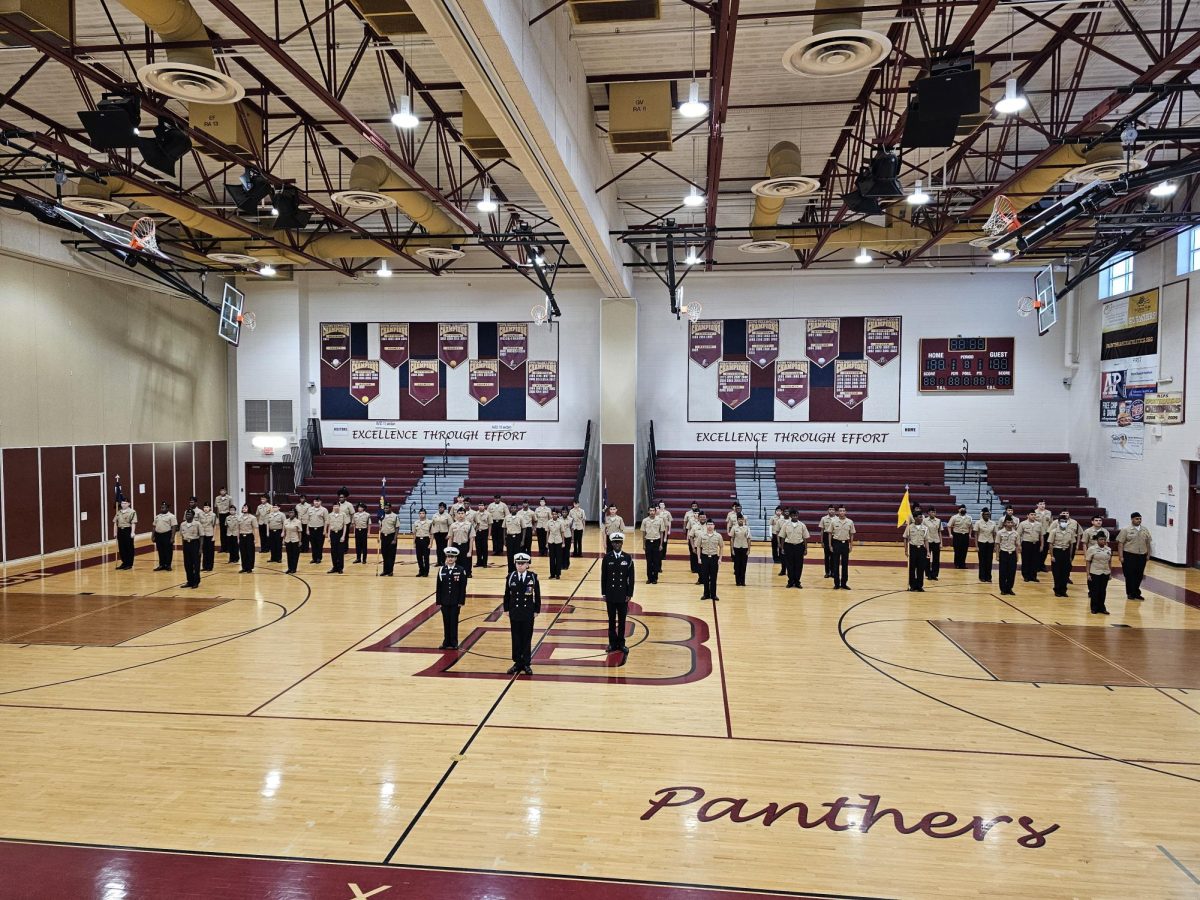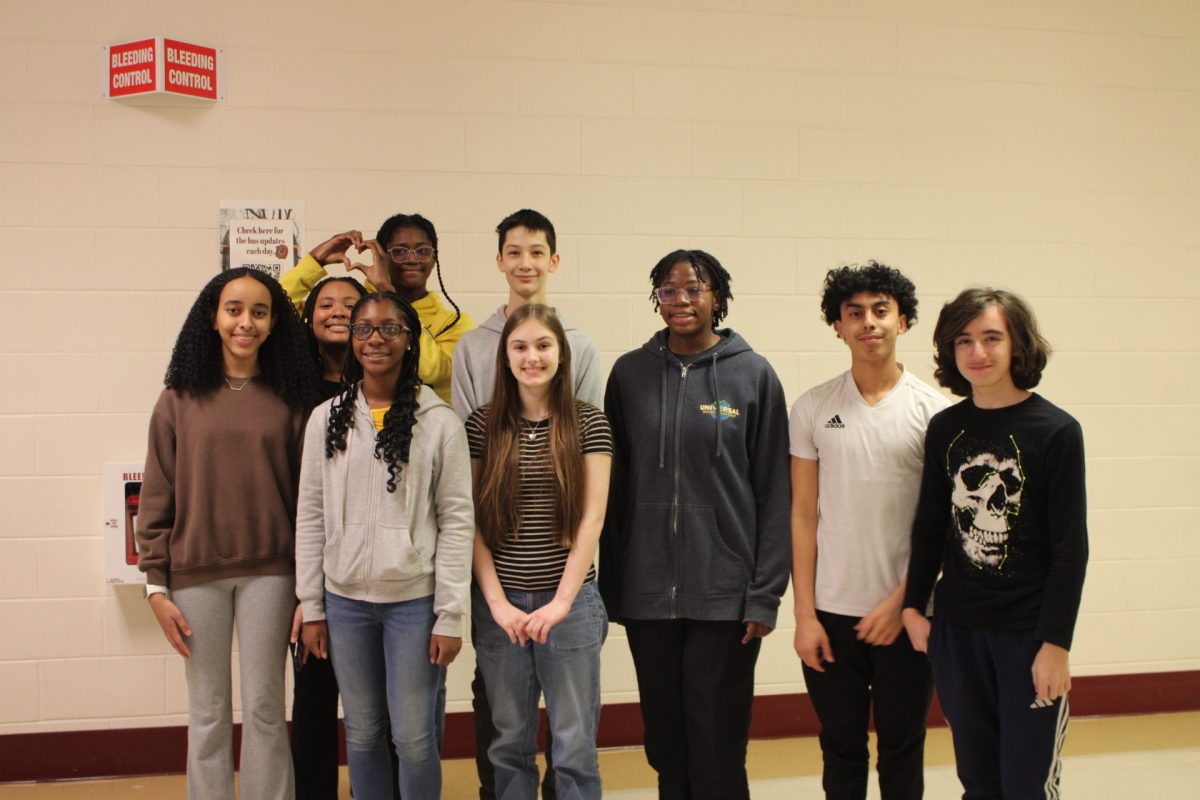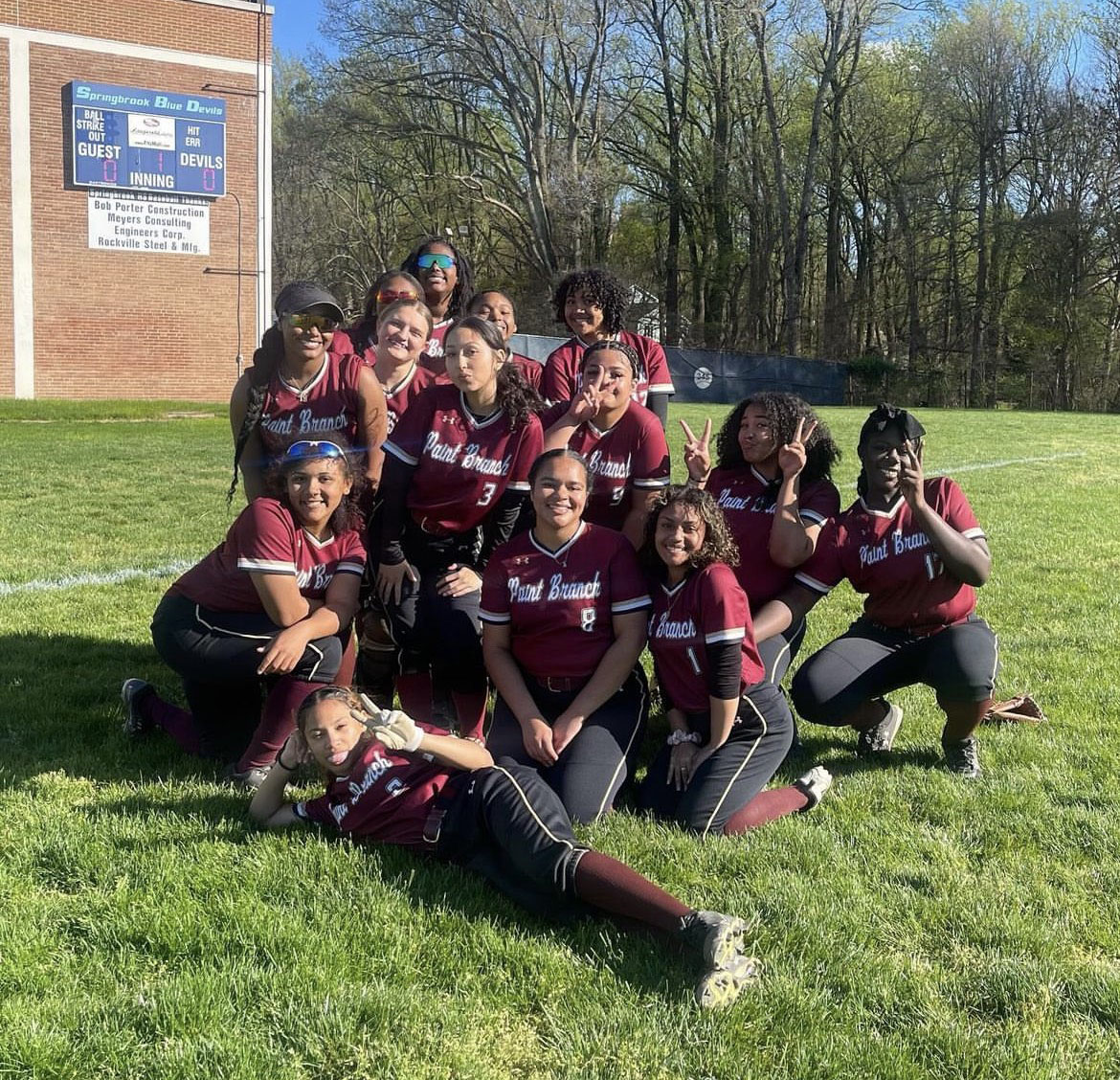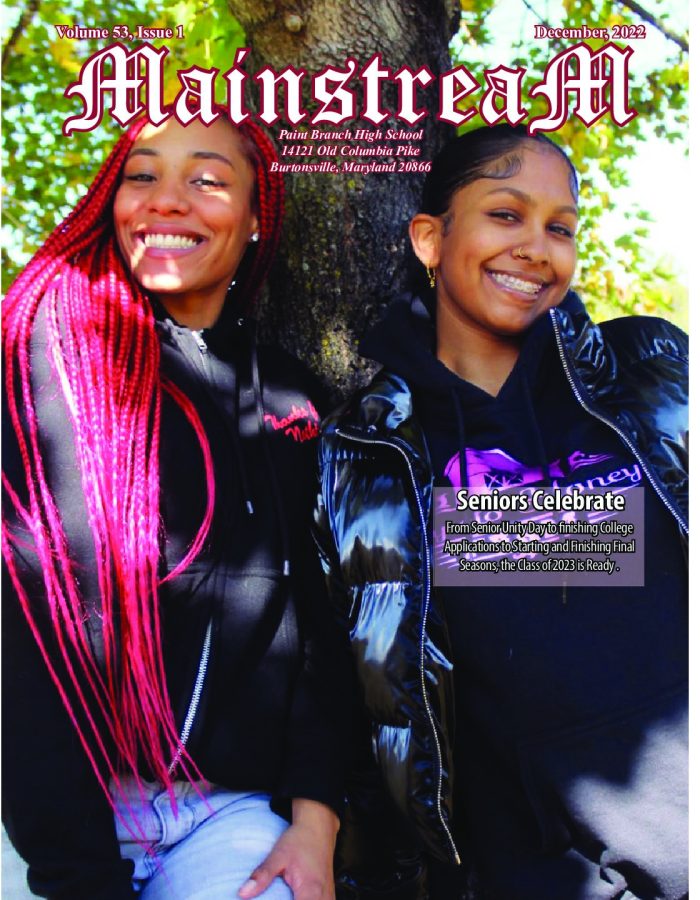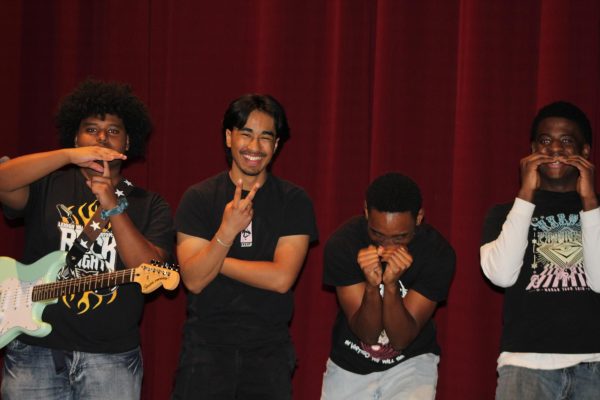Grammy Awards Continue to Offer Little for Female Artists
Lack of Recognition Nothing New to Industry
February 21, 2018
On January 28th, the 60th Grammy Awards Show took place in New York. The show, which is the music industry’s biggest night, is watched by millions as they gather to see who will win each award.
For an artist, winning Grammy is a huge accomplishment. However, for female artists, the process takes a lot more than it seems to for male artists.
Each year there is some controversy around the winners and the nominees. One recent example of this took place in 2016, when some found it unfair that Adele’s comeback album 25 won over Beyonce’s visual album lemonade. Even though Beyonce didn’t win it was amazing how two women were nominated in the same category and one of then actually won. They were the only 2 women out of 5 nominees for that category. This year’s Grammys avoided big drama around one winner over another, but there were still some issues around the album of the year category. Bruno Mars won the three biggest awards album of the year, artist of the year, and song of the year. So, just like Beyonce’s fans were able voice their concerns over her losing to Adele, so too were Jay-Z’s fans. Jay-Z was nominated for 8 awards and won none and Kendrick Lamar fans voiced their issues with Mars winning.
One area that the Grammys did not address this year that issue has existed for many years is gender equality for both nominees and winners.
Dr. Stacy L. Smith, Marc Choueiti & Dr. Katherine Pieper of the Annenberg Inclusion Initiative released a report, “Inclusion in the Recording Studio?” that studied the inclusion of females in popular music between 2012 and 2017. The study states that men had more than 90% of Grammy nominations between 2013 and 2017. The study also reports that only 9.3% of Grammy nominees from 2013-2017 were women, while 90.3% were men. The music industry is male dominated today and has always been this way. This domination is evident in the album of the year category, which, between 2013-2018 saw more than 93% male nominees. One can see why the 2016 Adele/Beyonce uproar should not have been about who won, but why having two women on the ballot was so surprising.
It is time for a change.
One way to begin the change in favor of gender equality is to address important issues in the music industry that may affect the nomination process, including sexual harassment and assault. This year, comeback star Kesha had a powerful performance during the show, which provided comfort for the many people, including herself, who have been a victims of sexual harassment and assault. Unfortunately, Kesha’s performance was about all that happened at victims the Grammy’s did to show support to the #meToo movement.
Kesha’s fellow musician and actor, Janelle Monae, took it upon herself to call out the unfair practices that exist in the workplace and in the music industry. She stated, “And to those who would dare try to silence us, we offer you two words: Time’s up. We say time’s up for pay inequality, time’s up for discrimination, time’s up for harassment of any kind, and time’s up for the abuse of power. Because you see, it’s not just going on in Hollywood, it’s not just going on in Washington, it’s right here in our industry as well. And just as we have the power to shape culture, we also have the power to undo a culture that does not serve us well.”
The Grammy’s need to do a better job of showing more support for female artists. Women take up a huge amount of the population and they need recognition. If the grammy’s do not attend to this issue, in the future their viewer rates will continue to decrease, and, ultimately, their neglect could have a negative effect on the industry.


